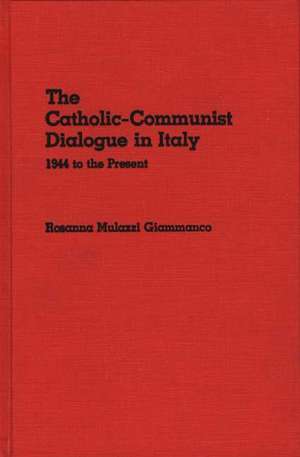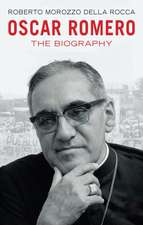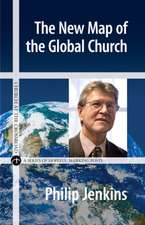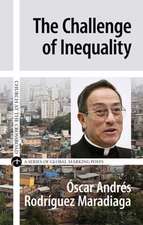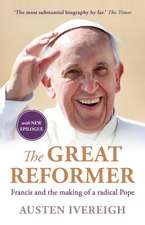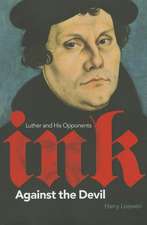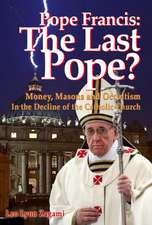The Catholic-Communist Dialogue in Italy: 1944 to the Present: Critical Care Nursing
Autor Rosanna Mulazzi Giammancoen Limba Engleză Hardback – 31 oct 1989
This book analyzes the dialogue--the partial reciprocal recognition of the legitimacy of both institutions--between the Catholic church and the Communist Party in Italy from the end of World War II to the present. Based on her own research and extensive analysis of the written output of each group, Giammanco explores such questions as: How do both organizations react to social changes and to emerging movements and political groups?; What are the effects of the dialogue on the organizations' struggle for cultural and political hegemony in Italy?; What does the dialogue mean for Italian society and politics in general?; Has there been any attempt to fuse communist and Catholic ideologies? Her conclusions have significant implications for other countries with both a Catholic majority and a tradition of liberation or Marxist ideologies.
Giammanco begins with an examination of the relationship between geopolitics and the economy, exploring church and party roles in a socioeconomic context. She then addresses the views and influence of Antonio Gramsci, the dialogue as expressed in church and party documents, and the specific attempts of the Catholic church and the Communist Party to conduct a dialogue while maintaining an acceptable degree of cultural and political influence. Giammanco concludes that the dialogue is not only a symptom of disintegrating tendencies in the cultural hegemony of both the party and the church, but that it has actually acted to hasten that disintegration. More importantly, the uses that the church and the party make of each other and the conflicts that are generated between them create opportunity for growth and social and political change.
Preț: 345.74 lei
Preț vechi: 476.29 lei
-27% Nou
66.16€ • 69.07$ • 54.75£
Carte tipărită la comandă
Livrare economică 04-18 aprilie
Specificații
ISBN-10: 0275932052
Pagini: 184
Dimensiuni: 156 x 234 x 13 mm
Greutate: 0.45 kg
Ediția:New.
Editura: Praeger
Seria Critical Care Nursing
Descriere
Giammanco begins with an examination of the relationship between geopolitics and the economy, exploring church and party roles in a socioeconomic context. She then addresses the views and influence of Antonio Gramsci, the dialogue as expressed in church and party documents, and the specific attempts of the Catholic church and the Communist Party to conduct a dialogue while maintaining an acceptable degree of cultural and political influence. Giammanco concludes that the dialogue is not only a symptom of disintegrating tendencies in the cultural hegemony of both the party and the church, but that it has actually acted to hasten that disintegration. More importantly, the uses that the church and the party make of each other and the conflicts that are generated between them create opportunity for growth and social and political change.
